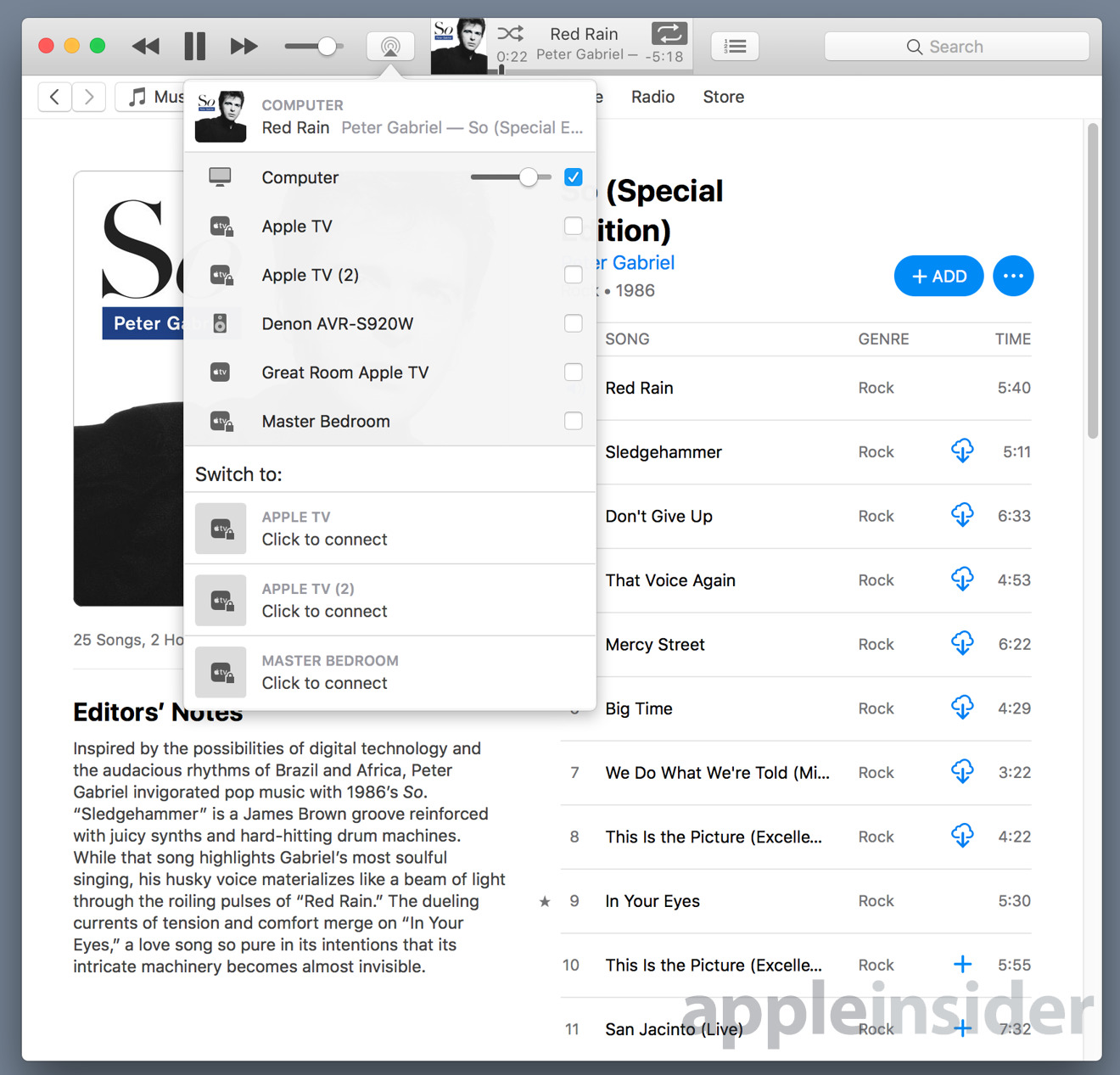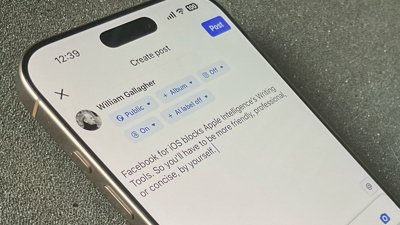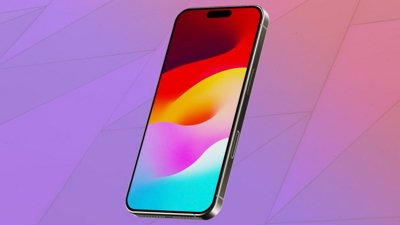Many years ago, Apple added the ability to play a music stream to multiple AirPlay-compatible devices, but this is not AirPlay 2 and doesn't work the quite the same way.
Yes, you can stream to multiple speakers with it. Yes, the speakers are more or less in sync with each other, allowing you to fill a whole house with music.
However, the iTunes streaming method to hit multiple targets doesn't pay any attention to any latency between the different general classes of speakers: wired, Bluetooth, and AirPlay. If you've got a Bluetooth speaker connected to your Mac, and you play to that plus a speaker wired to the computer, there can be a noticeable difference in the playback timeline because of buffering — with a set of AirPlay speakers somewhere in the middle of the two.
If you're aware of this, though, you can make smart choices about it. For instance, playing only to similarly connected speakers, like just to AirPlay speakers, or only to locally wired speakers to the computer in question should keep the latency differences down to a bare minimum.
There is an app called WHAALE Multiroom Player for iOS that allows for similar behavior from an iPhone. It's not a free solution, but it allows users to set up a "soundstage" of multiple devices, in much the same way that iTunes allows now — and AirPlay 2 will when it finally arrives.
 Mike Wuerthele
Mike Wuerthele


 William Gallagher
William Gallagher

 Andrew O'Hara
Andrew O'Hara
 Wesley Hilliard
Wesley Hilliard

 Malcolm Owen
Malcolm Owen
 Marko Zivkovic
Marko Zivkovic





-m.jpg)




14 Comments
The various buffering delays haven't really been an issue for me. Even when all speakers are on, they're in different rooms and the others are not audible in that room. Even if my outdoor speakers are a couple seconds different from the LR speakers, nobody would ever notice.
Users probably don't care how Apple does it, users just want HomePod stereo to be done and patiently waiting for it doesn't seem to be a viable option. I'm guessing every other smart speaker on the market can already do this function, so Apple would be considered lagging behind the entire smart speaker industry.
Never had any out of sync buffer delay mixing the follow:
-Direct audio attached to a Mac
-Airplay from the Mac to 3 Apple TVs (1 forth generation over HDMI, 2 second generation over analog out) attached to stereo receivers.
-Airplay from the Mac to 2 iHome WS2s over wifi
-Airplay from the Mac to 4 iHome WS3 over wifi
-Airplay from the Mac to Raspberry PI attached to stereo receiver.
all the above at the same time and all are in sync via iTunes on a Mac.
If I want to my iPhone provide the audio source, I can use a combination Airfoil Satellite for Mac (and stream to the Mac) and Airfoil for Mac (which distributes the incoming audio to other speakers) and Airfoil remote for iOS ( to control individual volumes of those outputs).
I don't use the iPhone to drive the audio source so much as a remote for iTunes on the Mac because I don't like draining my iPhone's battery.
If I do end up buying a HomePod, I'm not sure I would utilize Airplay 2 much for that same reason. The battery life.